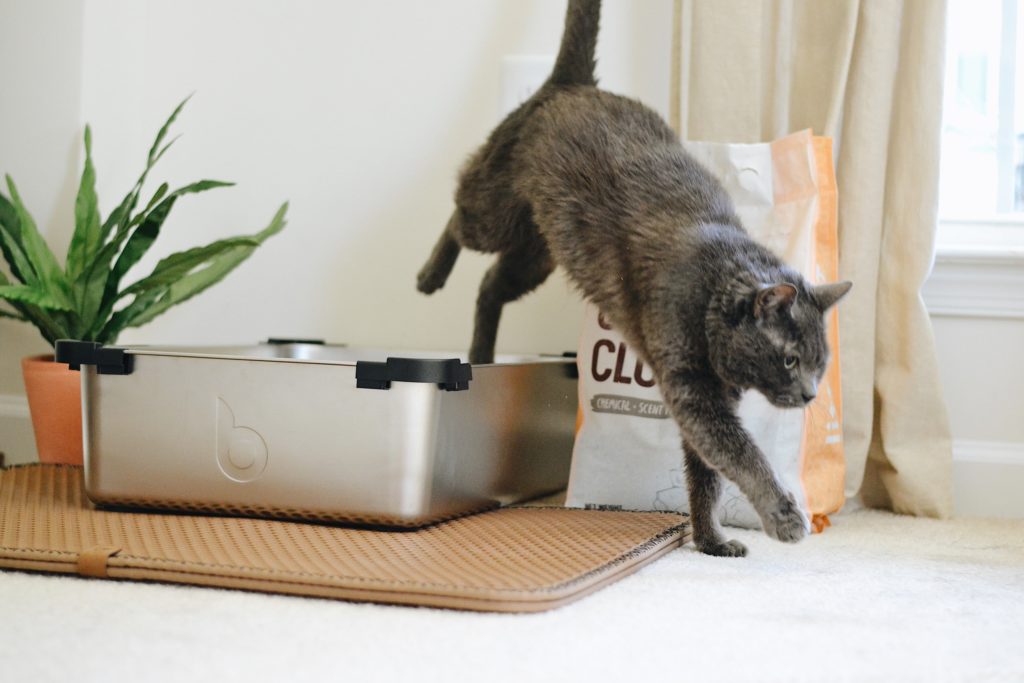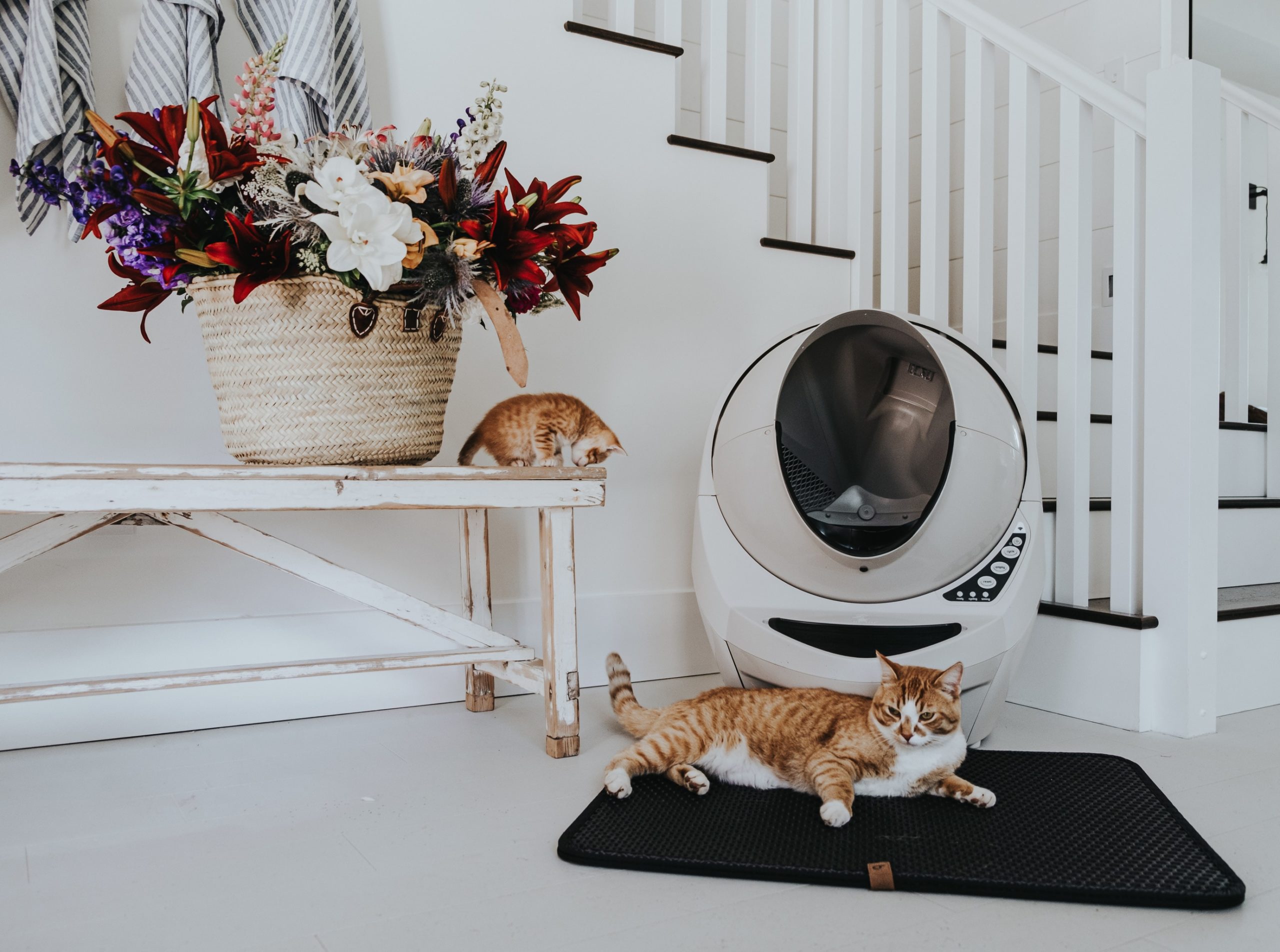How often should you scoop out the kitty litter in your cat’s box? Well, that depends on your cat and you. However, there are some important things to know about the litter box and how often you change the cat litter.
The quick answer to how often should you change the cat litter is twice a week. But it really depends on a few things, like how many litter boxes you have and how your cat uses each one. There are some guidelines when it comes to proper litter box maintenance.
How often should you change The cat Litter?
If you are considering getting a cat or already have one and are just curious, cleaning the litter box is the least favorite part of owning a cat. However, it needs to be done and a clean litter box makes for a happy cat. Since litter boxes are often inside, cleaning it frequently is important for not only your cat but you as well!
Everyday Scooping
For dogs, we have to go outside and pick up after them with a little bag but with cats they take care of everything themselves. For the most part that is. Everyday, you should scoop feces out of the litter box daily. This prevents gross odors and harmful bacteria from spreading all over your house. Additionally, it will help keep your cat smelling nice as well.
Once a Month Change
Depending on your situation, like how many cats you have or how many boxes you have, a full litter change can be done monthly. If you clean the box a little everyday, you can make the litter go a longer way. Every time you replace the litter, scrub the box with a mild dish detergent. Products with ammonia or citrus oils can make your cat reject the litter box and some cleaning products are toxic to cats.
Importance of Changing the cat litter
It is important to change the cat litter. Imagine a full toilet never being flushed, that’s a pretty gross visual. So It is important to clean up after your cat, not only for your cats health but yours as well.
Cats Will Stop Using The Litter Box If Not Cleaned Properly
Picture yourself in a washroom, if the toilet is full of something you probably won’t use it. The same idea is said for cats with dirty litter boxes. They won’t use a litter box that isn’t cleaned properly. This can lead to finding kitty poops in unexpected places.
Regular Cleanings Prevents Gross Odors & Bacteria
Your cat and your house absorbs the odor of an unclean litter box. If your cat is constantly using dirty litter boxes, chances are they are spreading that gross odor and bacteria all over your house.
More Than One Cat, More Than One Box
The bigger your home is and the more cats you have, the more litter boxes you need. Each cat should have one or two litter boxes depending on the size of your home. It may seem like more to clean, but they will probably favor one and be more happy in the long run.
The Perfect Litter Box Set Up
Now that we’ve gone over the importance of changing the cat litter, having the perfect set up is also of value. Cats can be picky, so it may take some time and experimenting to get the perfect litter box set up.
Odor Trapping Litter
Odor trapping litter is excellent for containing those gross smells in one place. You can also prevent a stinky litter box with a covered, well ventilated box. However, some cats find covered boxes stressful as there is less room to escape.
Check Out Odorable Odor Control Kitty Litter!
Number of Litter Boxes
Having more than one litter box can prevent odor build up in one. Additionally, it is important for cats to have options especially if you live in a large house or have more than one cat.
Depth of Litter
A lot of cats prefer litter less than 2 inches deep. Some cats with longer hair actually like less litter and a smooth surface. Adding extra litter doesn’t reduce the smell or the amount of required cleaning. Too much litter could actually be a waste and cause you to spend more than you need to.

Change The Cat Litter For a Happy Cat
A happy cat needs there litter box cleaned a little bit every week, a really happy cat has their litter box cleaned a little bit everyday. It is important to change the cat litter at least monthly. Doing this makes it easier to clean in the long run and helps prevent gross odors from clinging onto your cat or furniture.
